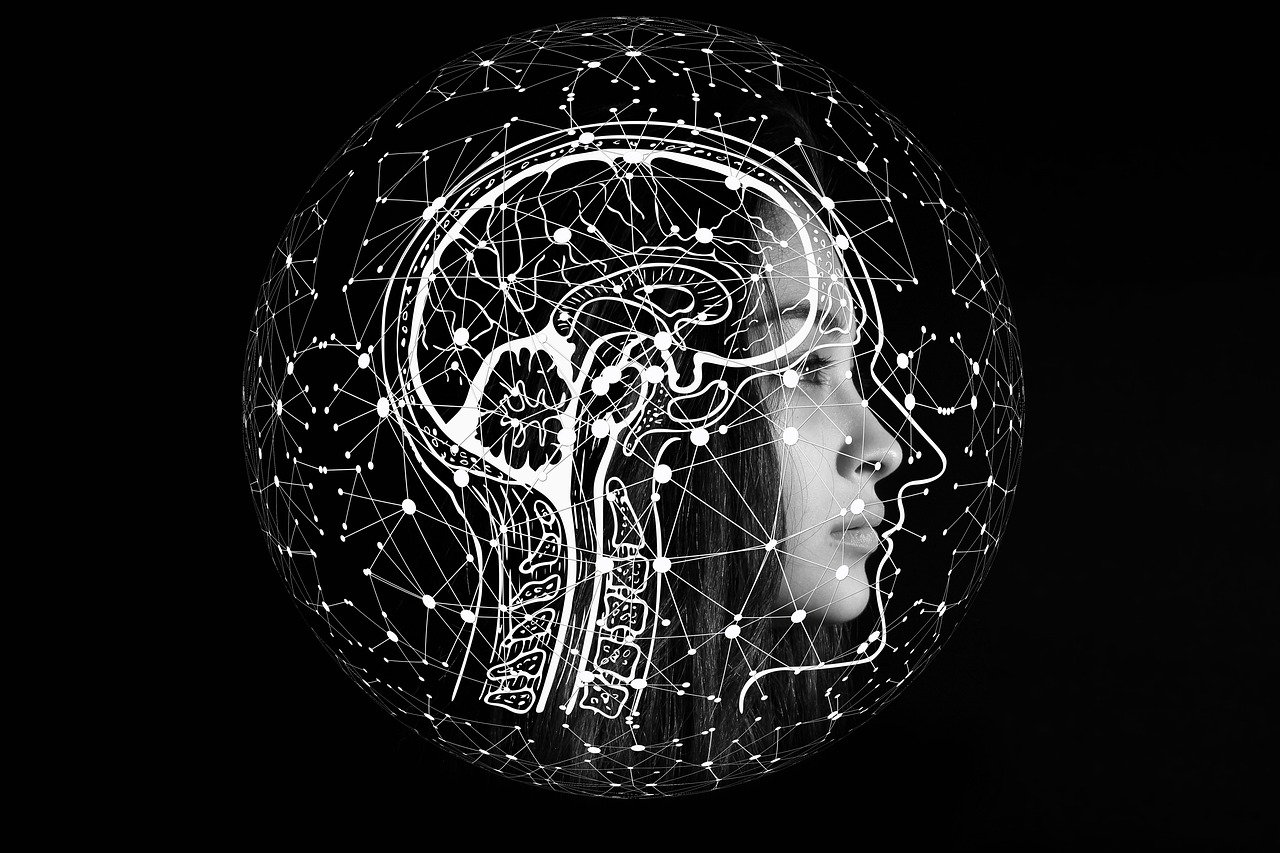Unraveling the Legal Implications of Artificial Intelligence and Automation
Unraveling the Legal Implications of Artificial Intelligence and Automation: As technology continues to evolve, the integration of Artificial Intelligence (AI) and automation in various industries is becoming more prevalent. From self-driving cars to smart virtual assistants, AI, and automation are transforming the way we live and work. However, with these advancements come legal implications that need to be carefully examined. This article delves into the legal aspects surrounding AI and automation, exploring their potential impact on various sectors and the challenges they present.
Defining Artificial Intelligence and Automation
- Understanding Artificial Intelligence (AI)
AI refers to the simulation of human intelligence in machines that can analyze data, learn from it, and make decisions without human intervention. It encompasses machine learning, natural language processing, and computer vision, among other technologies.
- Explaining Automation
Automation involves the use of technology to perform tasks or processes with minimal human involvement. It aims to streamline workflows, increase efficiency, and reduce human errors.
The Impact of AI and Automation on Employment
- The Changing Workforce Landscape
The introduction of AI and automation has raised concerns about potential job displacement. While some argue that new job opportunities will emerge, others fear widespread unemployment.
- Legal Challenges in Employment Law
- The adoption of AI and automation requires careful consideration of employment laws, such as worker classification, labor standards, and liability for workplace accidents involving AI-powered machines.
AI Bias and Discrimination
- The Issue of Bias in AI Algorithms
AI systems rely on data for training, and if this data is biased, it can lead to discriminatory outcomes. Recognizing and addressing these biases is critical to prevent harm to individuals or groups.
- The Legal Implications of AI Bias
When AI systems make decisions that have legal consequences, such as in the criminal justice system or hiring processes, the question of responsibility arises. Determining liability in such cases is a complex challenge.
Intellectual Property and AI
- AI-Generated Content and Copyright
With AI’s ability to create original works, the question of copyright ownership arises. Who owns the rights to content generated by AI systems?
- Patent and Trade Secret Issues
The rapid pace of AI innovation raises questions about patent protection and the safeguarding of trade secrets related to AI technologies.
Data Privacy and Security
- Protecting Personal Data
AI and automation involve the collection and processing of vast amounts of data. Ensuring the privacy and security of this data is crucial to comply with data protection laws.
- Legal Ramifications of Data Breaches
In the event of a data breach involving AI systems, understanding liability and obligations for reporting and compensation becomes essential.
AI and Product Liability
- Holding AI Systems Accountable
When AI-powered products malfunction or cause harm, determining liability becomes complex. Who is responsible for damages caused by AI systems?
- Ensuring Safety and Regulation Compliance
Establishing clear regulations for AI products and systems is necessary to protect consumers and uphold safety standards.
Ethics and Governance of AI
- Ethical Considerations in AI Development
Developing AI with ethical guidelines ensures that AI systems align with human values and do not cause harm or perpetuate biases.
- Establishing AI Governance
Implementing proper governance and oversight mechanisms can help address legal and ethical concerns associated with AI development and deployment.
Conclusion
As AI and automation become integral to our daily lives, it is crucial to acknowledge and address their legal implications. From employment law challenges to AI bias and data privacy concerns, there are complex legal issues that demand attention. Embracing AI technology while ensuring it aligns with ethical standards and regulatory frameworks is the key to unlocking its full potential while mitigating potential risks.
FAQs
- Q: How is AI transforming the job market? A: AI is automating certain tasks and augmenting human capabilities, leading to shifts in job roles and demand for new skills.
- Q: What are the main legal challenges in AI and automation adoption? A: The legal challenges include liability issues, intellectual property disputes, and concerns about AI bias and discrimination.
- Q: Can AI-generated content be protected under copyright laws? A: The issue of copyright ownership for AI-generated content is a topic of debate, and current laws may need updates to address this matter.
- Q: How can companies protect personal data collected by AI systems? A: Companies should adhere to data protection laws, implement robust security measures, and obtain explicit user consent for data processing.
- Q: Who is responsible when an AI-powered product causes harm? A: Determining liability in such cases involves assessing factors like design, manufacturing, and usage of the AI product.
